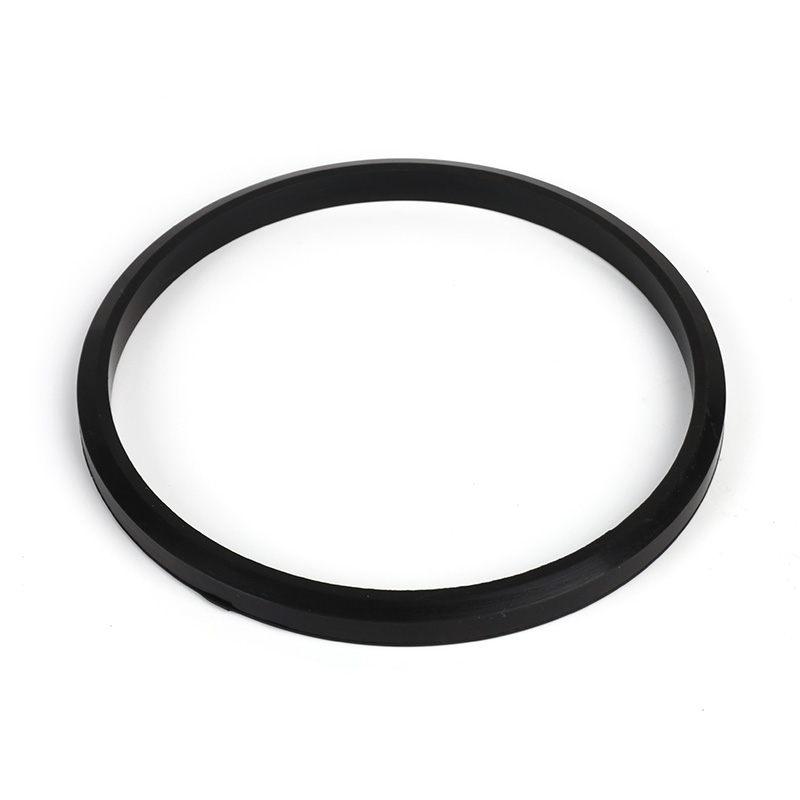+86-576-88024290
Search
14 11, 2025
Industry Updates
Automobile oil filter seals may appear to be minor components in a vehicle’s engine system, but their role is far from trivial. These seals create a tight barrier between the oil filter and the engine block, ensuring that oil flows correctly without leaking. A compromised seal can advance to oil leakage, reduced engine performance, and, in severe cases, engine damage. Regular inspection and maintenance of these seals can prevent unnecessary wear and extend the life of the engine.

Alongside oil filter seals, Oil Pump Seals are equally crucial for maintaining engine integrity. The oil pump circulates engine oil under pressure, delivering lubrication to critical moving parts such as pistons, bearings, and camshafts. Oil pump seals prevent oil from escaping this system, keeping the engine adequately lubricated. Even a small leak from these seals can disrupt oil pressure, pilot to friction, overheating, and accelerated wear of engine components.
The efficiency of Automobile Oil Filter Seals and Oil Pump Seals depends heavily on the materials used in their construction. High-quality rubber or synthetic compounds are typically chosen for their resistance to heat, pressure, and chemical degradation from engine oil. Over time, seals can become brittle or lose elasticity due to continuous exposure to high temperatures and contaminants. Choosing durable materials and replacing worn seals at the recommended intervals helps maintain engine efficiency and reliability.
Recognizing early signs of seal wear can prevent serious engine issues. Common indicators include visible oil leaks around the filter area, a noticeable drop in oil pressure, or unusual engine noises. In some cases, contaminated engine oil or a burning oil smell may also signal a failing seal. Addressing these symptoms promptly can reduce repair costs and prevent damage to other engine components.
Proper installation of Automobile Oil Filter Seals and Oil Pump Seals is critical. Even a high-quality seal can fail if it is improperly seated, over-tightened, or exposed to foreign debris during installation. Mechanics often recommend lubricating the seal with clean engine oil before installation to ensure a secure fit. Routine maintenance, including checking for leaks and replacing seals according to the manufacturer’s schedule, can significantly enhance engine longevity.
Seals operate under a wide range of conditions, including bad temperatures, vibration, and pressure fluctuations. Cold starts in winter, high-speed driving, and stop-and-go traffic all place additional stress on these components. Maintaining proper oil levels and using oil with the correct viscosity can help seals perform effectively. In this way, Automobile Oil Filter Seals and Oil Pump Seals not only prevent leaks but also support the overall performance and efficiency of the engine.
While often overlooked, Automobile Oil Filter Seals and Oil Pump Seals are fundamental to a vehicle’s engine health. Their ability to contain oil and maintain proper lubrication directly affects engine performance, reliability, and longevity. Regular inspection, timely replacement, and proper installation are essential practices for preserving engine function. Understanding the role of these seals helps vehicle owners appreciate that even the small components can have a significant impact on overall engine performance.